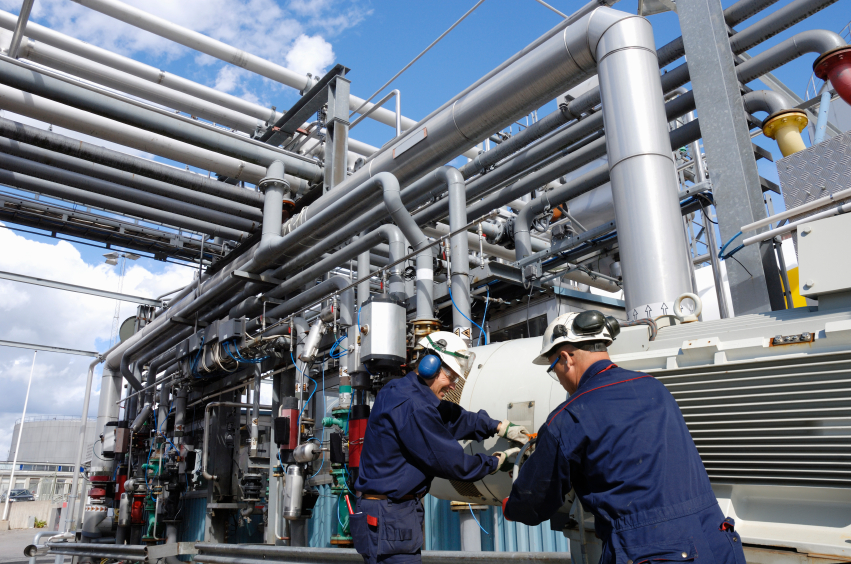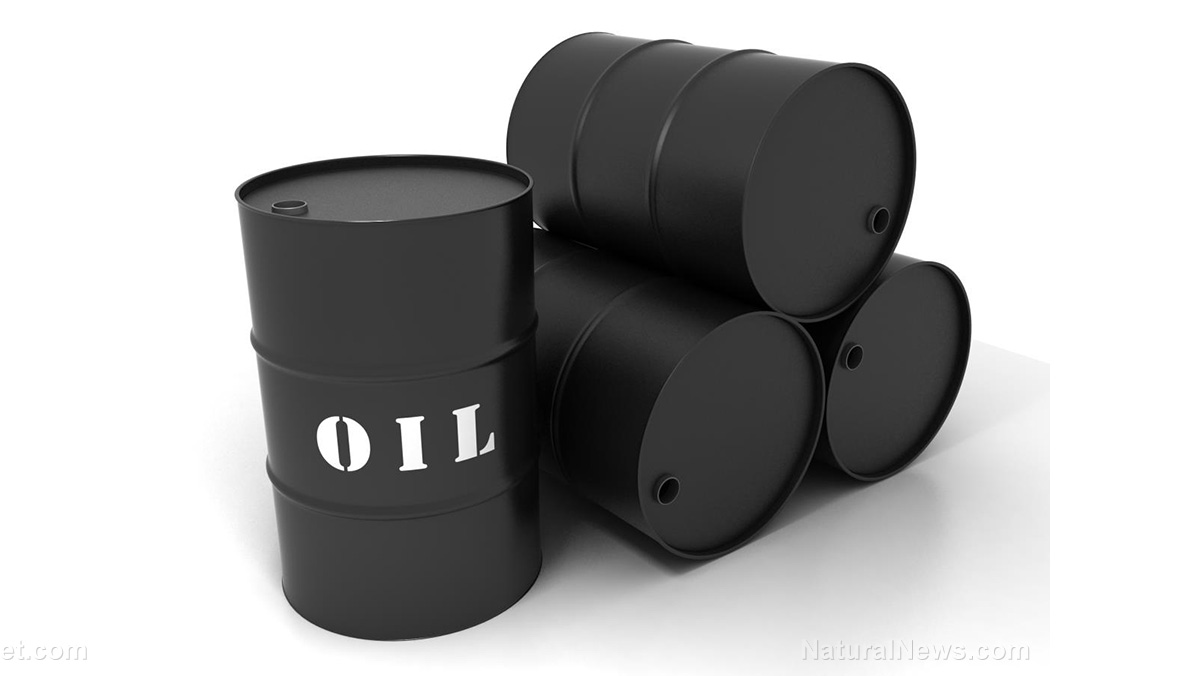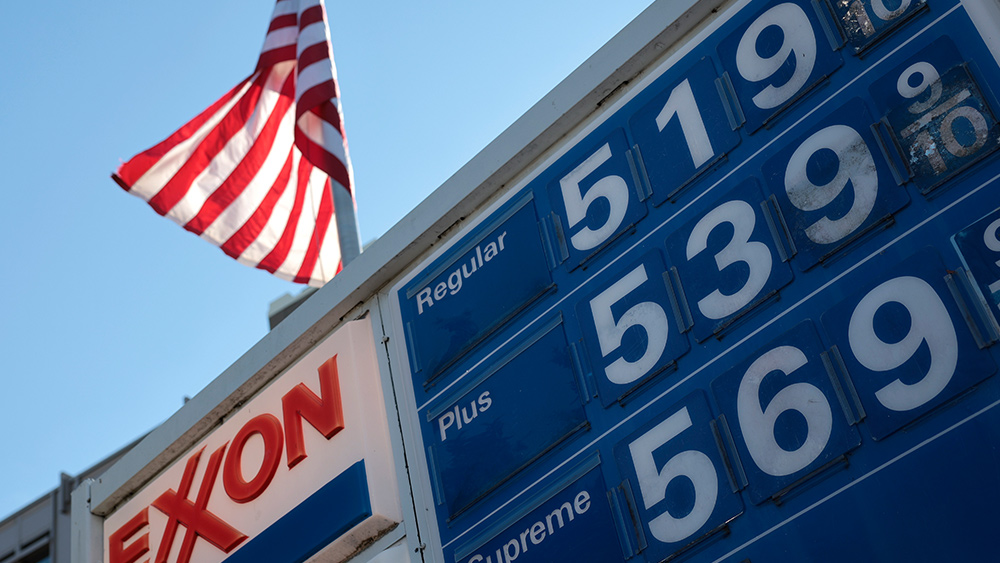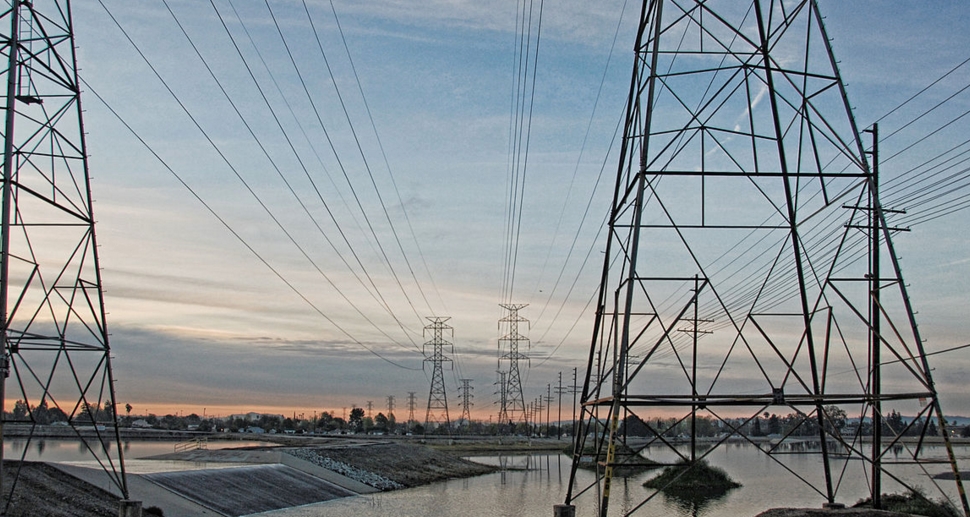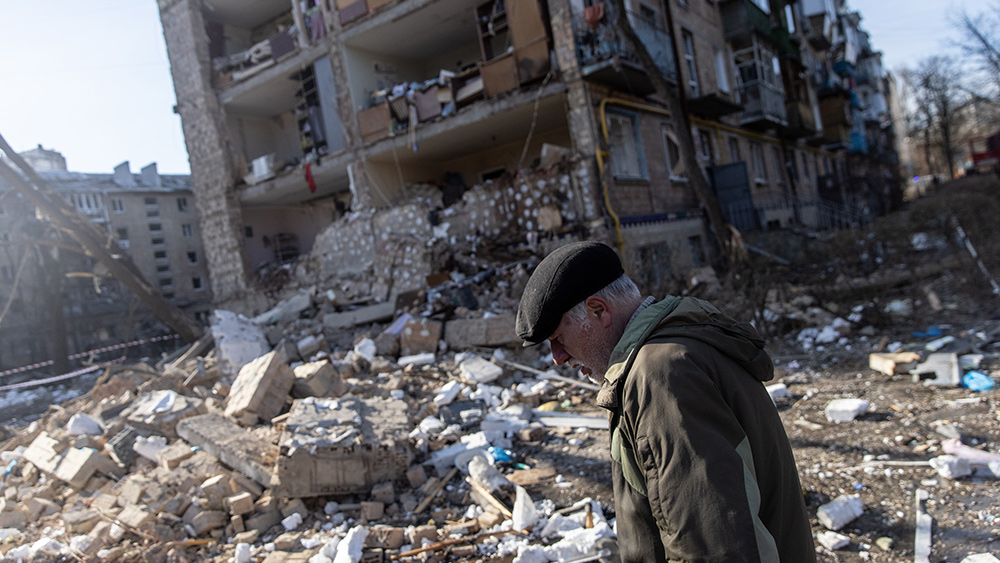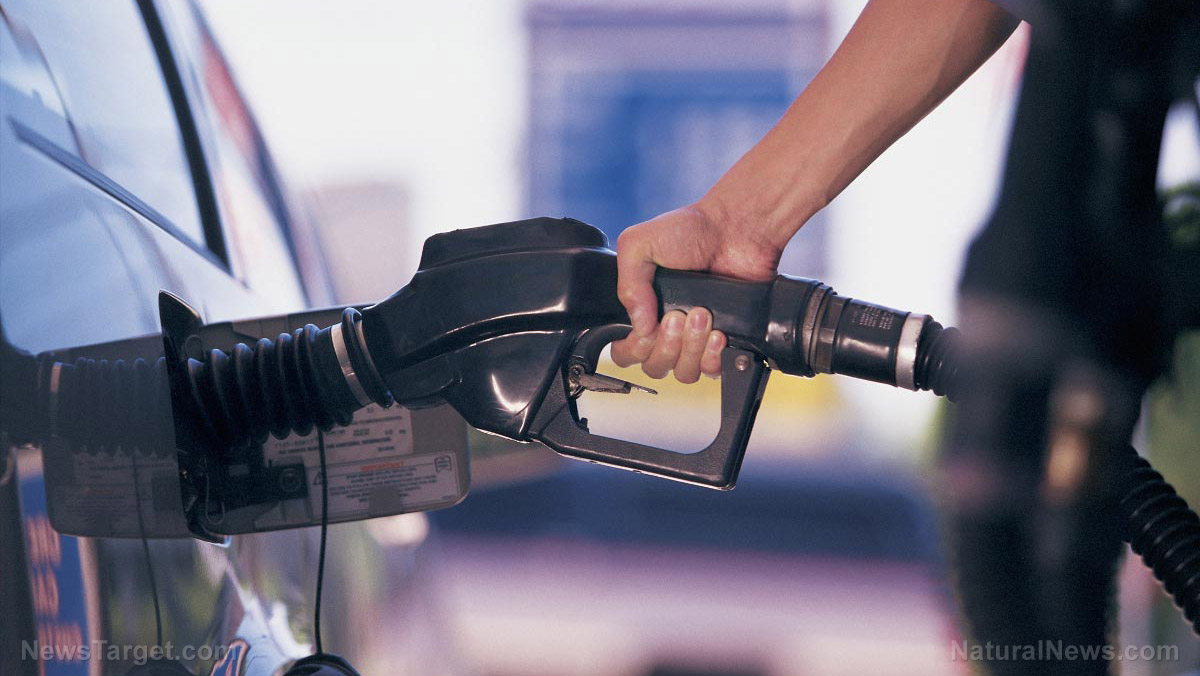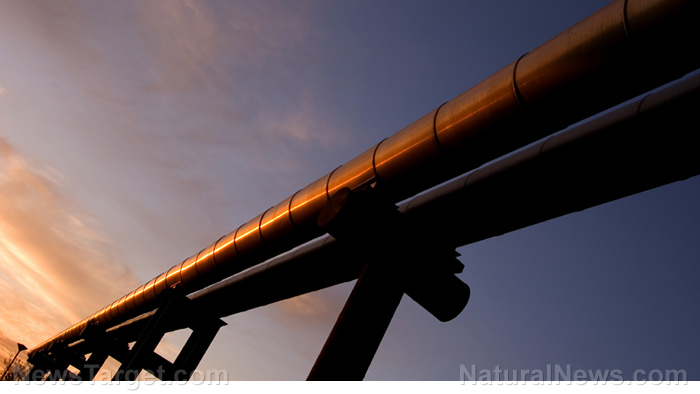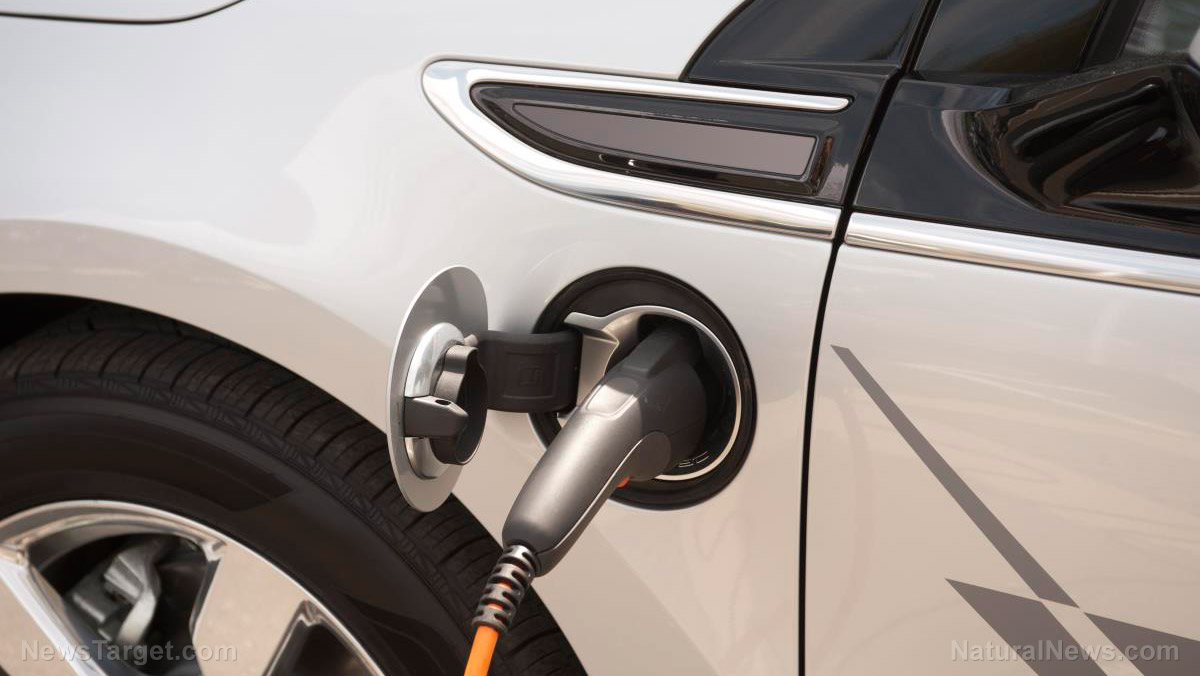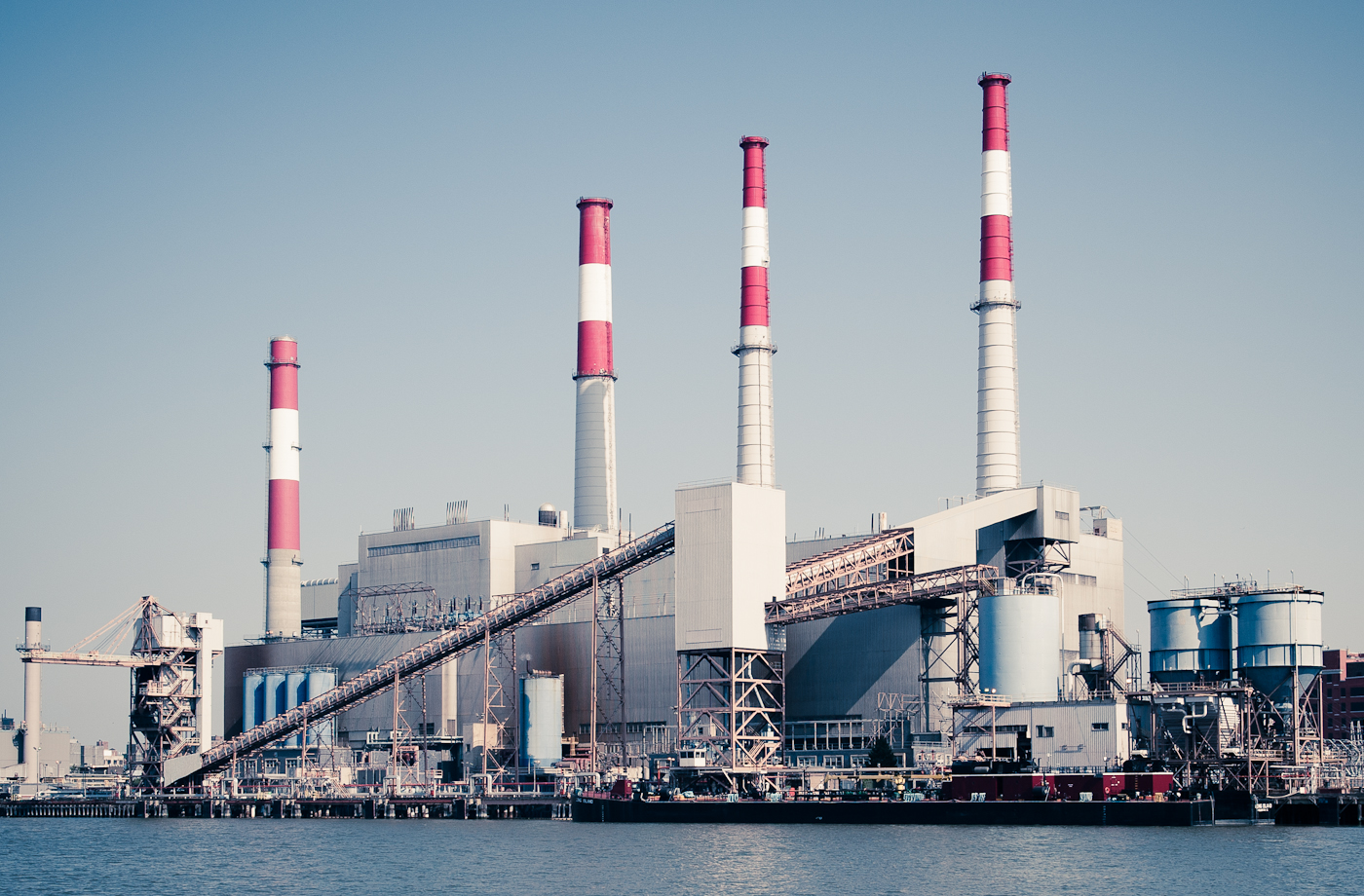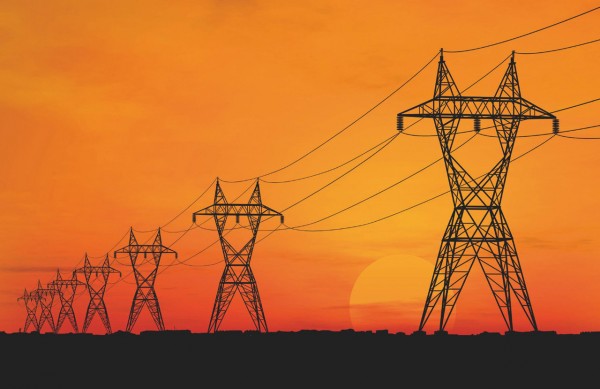Great reset: ‘Famine threatens to wipe out 300 million’
05/13/2022 / By News Editors

The mainstream media has repeated the simple logic regarding the supposed causal chain of the current disrupted trade and supply flows and global supply shortages: It is the aftermath of the Ukraine war, the inevitable consequences of morally justified sanctions against Russia, and repercussions of the “pandemic”.
(Article republished from FreeWestMedia.com)
But the culprits have been clearly identified. In fact, the crisis is going according to plan.
The fact that war and sanctions are having ever more catastrophic consequences for large parts of the world was the subject of a recent interview published in the German daily Bild in which German Development Minister Svenja Schulze expressed her thoughts. She said there was now a threat of “the worst famine since World War II, with millions of deaths because of “Corona, extreme droughts and now the war that increased food prices worldwide by a third” and were “now at record levels”. The World Food Program is “currently assuming that there are far more than 300 million acutely starving people” and must “constantly revise its forecasts upwards”.
Calculated lockdown consequences
Not a word about the fact that most of these victims are victims of what is increasingly being recognized as a planned pandemic staging and its long-term outcomes. The politically internationally coordinated lockdowns with their fatal consequences in the global trade in goods and services as well as production interruptions have massively increased the dependence of third world and emerging countries on the industrialized countries, their big-tech pioneers and the development aid donor countries.
Not only are pharmaceutical giants and vaccine manufacturers, which made huge profits thanks to the redistribution of state assets and tax revenues (often on credit), the big winners of this staged crisis, but also the NGOs and billionaire foundations that hold patents and lobby for corresponding government programmes have benefitted hugely.
There is now a comprehensive transformation that can be implemented in various areas of human development. Smart cities with a high degree of digitization and surveillance, complete dependence of the healthcare system on centralized power brokers (consider the role of the WHO and its financiers), the subordination of all other political tasks to an emergency agenda that is not only tied to viruses, but also to “climate protection”.
Pretext for redistribution and misappropriation of funds
The same geostrategists who want to hoist this internationalization of “challenges” past the democratically legitimized authorities of the individual nations onto a global backdrop are also waging the actual proxy war for the future in Ukraine. It is therefore no wonder that this scene is also used as a pretext not only for the misappropriation of public funds for new profiteers (armament goods, Ukrainian oligarchs) with nothing left to fight hunger.
But also to justify the next “no alternative” after climate protection, which happens to be sanctions against Russia, which create new profiteers in the spirit of Western business elites – from US fracking LNG exporters to British, French and American partners in Arab oil production – who can expect the boom of the century.
This is the background, imperceptible to most people, behind which the big decisions are ultimately made, which ultimately result in upheavals in the global basic supply of food, energy, medicines and much more. In a ridiculous oversimplification of the context, Svenja Schulze, with a colorful WEF pin on her lapel, nevertheless accused Russian President Putin of waging a “war with hunger”.
He takes advantage of “the fact that many countries in the world are dependent on Russian and Ukrainian agricultural products”. He also “stole grain from Ukraine” that he would only share with countries “who unequivocally support Russia”. She sees the fact that 40 countries in the UN General Assembly, “in which half of the world’s population” lives, did not condemn “Putin’s war of aggression” as “a concrete result of the susceptibility to blackmail through food”.
Fighting Putin with vegetable oil
In order not to participate in this alleged scheme, Schulze called for an end to the use of food and feed crops for the production of biofuels.
“Nobody wants to be responsible for fueling up world hunger. We have to stop putting food in the tank – whether it’s wheat, palm oil, canola or corn. Some 4,4 percent in the fuel is food and feed. That should be reduced to zero– not only in Germany, but as internationally as possible. In Germany, we pour 2,7 billion liters of fuel from vegetable oils into car tanks every year. That is almost half of Ukraine’s sunflower oil harvest.”
A course is also set that the whole world has to follow, and which ultimately also causes cascading effects and subsequent problems throughout the world. Federal Environment Minister Steffi Lemke (Greens) made similar demands at the end of April. The Association of the German Biofuel Industry (VDB) rejected this, pointing out that the market had already reacted because the production of biofuels was already restricted by the high agricultural prices. In any case, the admixture of biodiesel in diesel fuel in Germany fell significantly in January and February according to the Union for the Promotion of Oil and Protein Plants (Ufop).
According to the EU think tank Farm Europe, the use of biofuels will lower the price of fuel in the EU by 10 cents per liter. The US government even decided last month to deliberately increase the blending of biofuels in order to curb the rise in fossil fuel prices. It seems as if Schulze and Lemke are once again engaged in a fight that is as unfounded as it is hopeless. In the end, only the elites will win it.
Turning off the gas flow
Europe’s gas reserves could run out faster than previously calculated after Ukraine this week cut off around a third of the gas flows towards Europe. In the eastern Ukrainian region of Lugansk, the gas supply from Russia to Central Europe was cut off on May 11 at the instigation of the Ukrainian government. The reasons for this are unclear.
Up until now, gas has been forwarded to other distribution stations in the direction of Central Europe via the Sochranivka and Novopskov gas hubs. The operators justify the shutdown with the occurrence of “force majeure”. But the Russian supplier Gazprom said no damage was found on the affected lines. Observers agree that the government in Kiev apparently wants to force the shutdown for political reasons, not technical reasons. In Kiev, it is hoped that the escalation in the conflict will continue and that the European governments will be driven into a tighter corner.
The Ukrainian gas network operator announced that up to 32,6 million cubic meters of gas per day fell away as a result of the capping – almost a third of the maximum amount that can be transported via Ukraine to Europe every day. It is technically not possible to divert the deliveries that are now no longer available via other routes. Also because of this – and because Ukraine has repeatedly and illegally extracted gas from the pipelines running through its territory in the past – the Nord Stream 2 project was pushed ahead. The current measure of the Kiev government confirms the correctness of the Nordstream 2 project in retrospect, which has meanwhile been brought down by Washington and the new traffic light government in Germany.
Read more at: FreeWestMedia.com
Submit a correction >>
Tagged Under:
big government, biofuels, chaos, collapse, conspiracy, economic collapse, economy, energy supply, EU, famine, food collapse, food supply, fuel supply, great reset, hunger, panic, Plandemic, Russia, sanctions, starvation, US, World War III
This article may contain statements that reflect the opinion of the author
RECENT NEWS & ARTICLES
COPYRIGHT © 2022 EnergySupply.news
All content posted on this site is protected under Free Speech. EnergySupply.news is not responsible for content written by contributing authors. The information on this site is provided for educational and entertainment purposes only. It is not intended as a substitute for professional advice of any kind. EnergySupply.news assumes no responsibility for the use or misuse of this material. All trademarks, registered trademarks and service marks mentioned on this site are the property of their respective owners.

